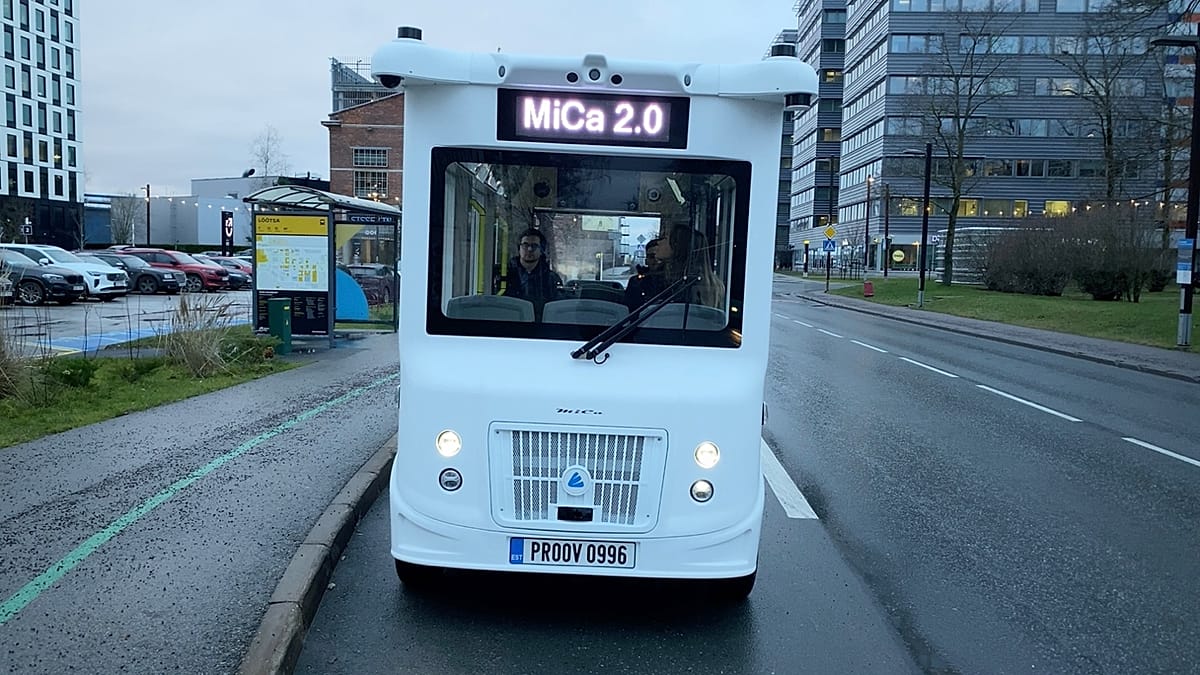
A “daring” rescue was carried out by surf lifeguards and police in the black of night on Tuesday after a surfer was pulled out to sea off Piha Beach.
The surfer’s relieved mother expressed her gratitude to the hero responders, saying: “We wouldn’t be bringing our boy home today if it wasn’t for them.”
Emergency services were called to the Auckland’s west coast at around 8pm, when a man reported to police that his brother was missing north of Lion Rock after being caught in a large rip.
Police deployed the Eagle helicopter and the Piha Surf Life Saving Club sent out two inflatable rescue boats (IRBs).
Light was fading, and the two IRBs were forced back to shore to wait for Eagle to spot the missing surfer.
Senior Sergeant Garry Larsen said, as time ran out, the helicopter widened its search using infrared cameras, including an area south of Lion Rock.
“The weather conditions were deteriorating, making search efforts even more challenging,” Larsen said.
At around 9pm, the 21-year-old surfer was spotted, still on his board and waving, roughly 1.5km offshore of Camel Rock, at the southern end of Piha – a significant distance from where he had been last seen surfing.
With Eagle lighting up his location, the two IRBs made their way out to make the rescue.
“The crew quickly collected him and made it back to the beach in complete darkness,” Larsen said.
The ordeal wasn’t just over yet, as the IRBs battled with two to three metre high waves while making their way back to shore in the pitch black.
Reaching shore, the surfer had become cold and hypothermic but conscious. He was treated by lifeguards on the beach before being taken to hospital by ambulance at around 10.30pm. He had since been discharged.

“This was a great example of teamwork to carry out this rescue, under less-than-ideal conditions in the dark and bad weather,” Larsen said.
Surf Lifesaving NZ’s general manager of lifesaving, Andy Kent, said the rescue was a testament to the skill of the volunteers.
“This rescue shows the strength of collaboration between police and our surf lifeguards. The Eagle helicopter’s spotlight made the difference on a night when visibility was extremely limited,” Kent said.
“Executing an offshore rescue in the dark, after hours, is complex; it takes careful planning, cool heads abd exceptional capability. The Piha surf lifeguards once again demonstrated why they are among the best-skilled experienced responders on our coastline.”
Piha Surf Life Saving Club captain Jess Wanden-Hannay also praised her lifeguards for their efforts.
“It was such a relief that it was a positive outcome for the surfer, especially given the conditions. We’re extremely proud of our surf lifeguards involved.”

The sentiment was shared by the surfer’s mother, who said: “I’m just so grateful.”
Larsen said the rescue was a good reminder for people to stay safe while at the beach over summer.
“When surfing or swimming in unfamiliar locations, always put safety first,” Larsen said. “Conditions can change quickly, and hidden hazards may be present.
“Never go alone and always ensure someone on the shore or nearby is actively keeping an eye on you. Stay within your limits as unfamiliar rips, reefs, and currents can catch even experienced swimmers and surfers off guard.
“Enjoy the water but stay alert and stay prepared… Stay connected so everyone gets home safely.”
Surf Lifesaving NZ urged anyone who saw someone having difficulty in the water to call 111.














